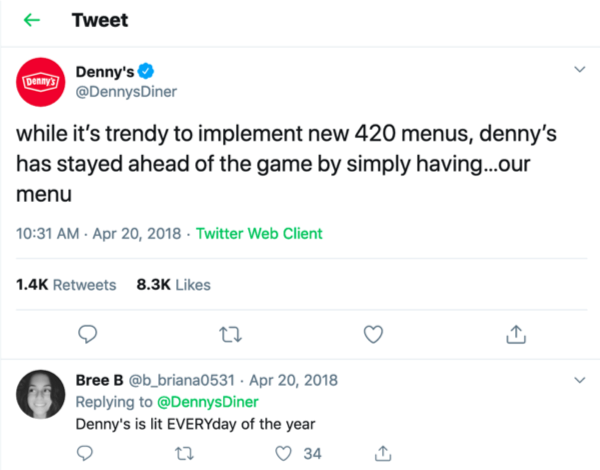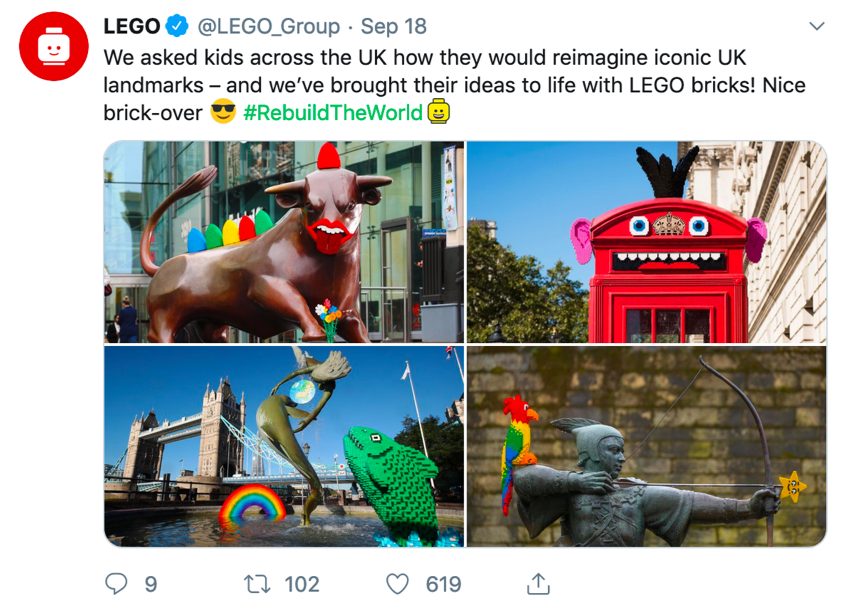 •
•
Social media platforms have given consumers the power to communicate directly with companies they are investing their time and money in. As seen on Facebook, Twitter and other social platforms, this can be a good or bad thing for many companies depending on how they choose to respond to this feedback.
However, in this increasingly transparent climate, companies – specifically advertisers – should see this as an opportunity to get to know their audience on a more personal level. Although many have jumped on this opportunity, it has been the companies with the highest level of emotional intelligence that have seen success within the strategy.
Emotional Intelligence (EI or EQ) is just a catch phrase for the ability to identify and manage one’s own emotions as well as the emotions of others. It embodies five basic traits: self-awareness, self-regulation, motivation, empathy and social skills.
Self-Awareness
Being self-aware means knowing how you are perceived to the outside world. To companies and advertisers, this means knowing how your customers perceive you, how they feel about you/your products and the ability to identify your strengths and weaknesses.
If you know these things about yourself, you’ll be able to portray yourself in the same light as they see you OR, work on your downfalls. Once a company knows who they are, they can then play off of this and lightly poke fun of themselves which is viewed positively by consumers.
As seen in this example from Twitter, Denny’s reacts to other restaurants revealing 420 menus. Denny’s knows that it is considered a late-night haven for drunk diner seekers, hungover college kids and 420 enthusiasts. Instead of trying to change or hide this, they have whole heartedly accepted it.

Self-Regulation
This is the ability to not be impulsive and filter out the qualities that your customers may find annoying or insincere about your brand. It comes into play when negative feedback is relayed on social media.
A company’s response to this negative feedback can be even more important than any positive feedback they receive. Be prompt, honest, empathetic, personalized and take the matter offline with the individual.
Chobani received a negative comment on Facebook about their yogurt. They owned up to the fact that sometimes things slip past quality control. They empathized with the experience and took the conversation offline to resolve.

Motivation
Consumers understand that the main goal of advertisements is to sell products and services. However, letting your customers in on behind-the-scenes knowledge, giving a glimpse at a new product that hasn’t been announced yet or providing a history lesson on the foundation, can help you seem more down to earth and genuine.
Everyone loves the shiny ad with the new product, but showing the “down and dirty” reality that went into developing it can provide a realness to your company and connection with the consumers.
Lush Instagram is a perfect example of this concept. They take their customer base behind the scenes to show everything that goes into their products. Not only does this show that they are honest about what ingredients they use but, it also shows the time it takes to create all homemade products.
This shows value and honesty. In essence, Lush shows that their products are worth the price because of the labor and care that went into creating them.

Empathy
Empathy means being aware of, being sensitive to and vicariously experiencing the feelings, thoughts or experiences of another person. The best way to be empathetic is to listen to the customer’s feelings and thoughts about the given subject or product. For advertisers, this means getting input from consumers. What’s working, what’s failing and what can be improved?
Legos is the ultimate example of social media empathy. They constantly put themselves in the shoes of their consumers by listening to them, creating products based off of their ideas and using their creations as actual content.
They have even created an entirely separate page called Legos Ideas where users can submit ideas and fellow Lego aficionados can vote.


Social Skills
Just like in the everyday interactions of colleagues, friends and family, companies can exhibit social skills by being thoughtful, funny, smart or friendly, but most importantly authentic. The purpose for social skills is to be able to communicate effectively with the people around you without causing unnecessary conflict. One way companies can show good social skills on social media is by being approachable (i.e. acting like a human being).
In this example from Nike’s Twitter, you can see that the company is constantly communicating with its fan base online. They don’t just respond to feedback (positive or negative), they also talk to their customers like they are friends. Friendship is the ultimate social skill!

 About The Author
About The Author
Abby came to ABC as an intern only to return and emerge as a social media, content development and PR powerhouse.
She was turned onto marketing and its cultural influence as an avid social media user and now channels her knowledge of those platforms to craft consistent messaging and engaging content.
The public relations degree-holder moonlights as a foodie and fan of all things Syracuse, from the eateries to the sports teams. Abby appreciates the family dynamic at ABC, where she can exercise her creativity in a collaborative setting.